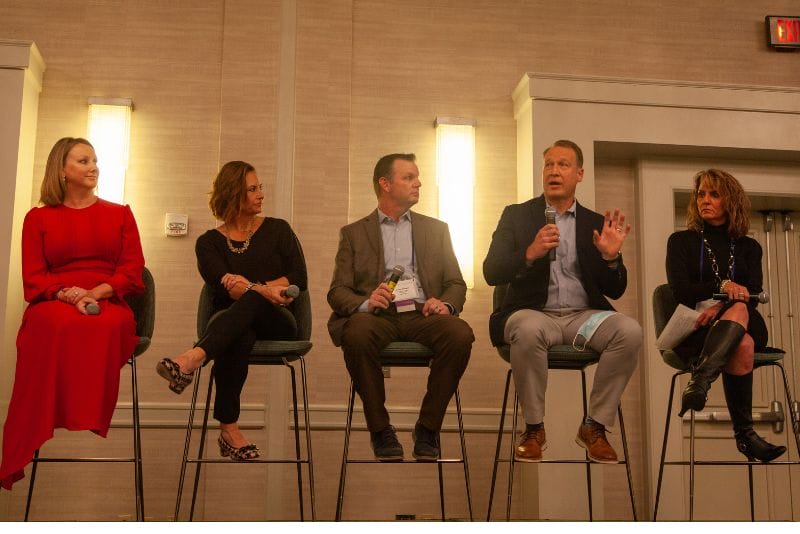KANSAS CITY, MO — Baking is unquestionably an art, but it’s simultaneously a science.
Although it may be a lesser-known scientific field than biochemistry or medicine, it holds many opportunities for people interested in STEM fields that are centered in doing good for the world. That’s why the National Consortium of Specialized STEM Schools invited a panel of five baking industry professionals to speak at its annual conference .
The conference focused on how educators can open their students’ eyes to the world of opportunity in STEM fields, including bakery science and engineering. Panelists shared their own journeys into the baking world and how students who want a meaningful career in a scientific field can find it in the food industry.












